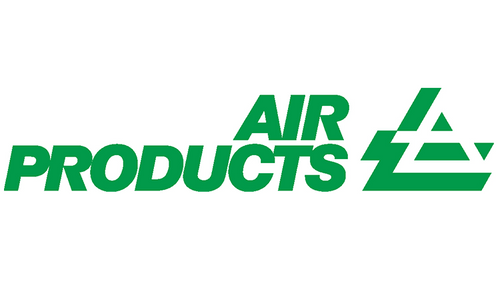ZeroAvia has signed a partnership agreement with the UAE’s Masdar to explore hydrogen production and supply, initially in North America and Europe, in order to establish hydrogen-powered commercial flights, according to a news release.
The partnership will also try to establish clean flight operations in the UAE.
Masdar is targeting 1 million tons of green hydrogen production per year by 2030. The state-owned company’s Green Hydrogen division is already involved in aviation projects targeting the production of green hydrogen.
ZeroAvia, based in the UK and US, is backed by American Airlines and recently acquired California-based fuel cell stack innovator HyPoint.





